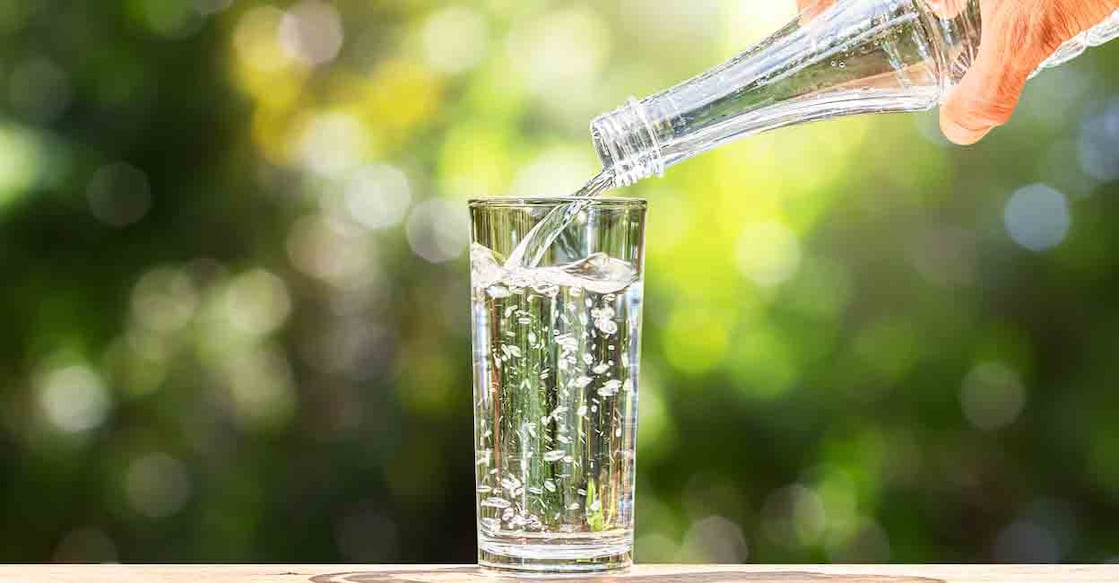Is it safe to drink rain water? Know these facts

Mail This Article
'Rainwater is the purest form of water' is a line often used by fiction writers and also found commonly in science textbooks. The importance of harvesting rainwater, as it leaves impurities behind during condensation, is also a frequently shared theory. However, if you plan to collect it for drinking purposes, it's important to know that its purity depends on several factors. The method of collecting and storing water, weather conditions, location, atmospheric conditions, possible contaminants, and treatment methods all affect its quality. To ensure hygiene and safety when collecting rainwater for drinking, follow these simple steps:
1) Select a clean surface or collection vessel
Ensure the rainwater collection surface or vessel is clean. Avoid those with a chemical presence or pollutants. The vessel you use to collect water should be made from food-grade materials so that it's safe to store drinking water. Vessels made of glass, stainless steel, polypropylene and high-density polyethene are healthy options. Make sure its capacity is also large enough to collect water, still, manageable. It should have a secure lid to keep out debris and pollutants. Regularly inspect and clean it as well.
2) Filter the water before usage
Filtration is important to remove contaminants like dust, organic matter and random particles, before drinking the water. If you can't afford complex filtering systems, you can also opt for easy methods like settling, mesh screens, boiling and commercial filters. Settling is a method that lets water to settle in a container for a couple of hours, after which sediments settle at its bottom. Mesh screens made of stainless steel and nylon are commonly used to filter water. Certified filters available in the market can also remove contaminants from drinking water.
3) Regular sanitisation
The harvested water should be inspected regularly to check for microbial growth, algae development, sediment formation and other forms of contamination. Check whether they are developing unusual odours or off-flavours. Inspect seals and covers, test the quality with water testing kits and also monitor the surrounding environment to ensure there is no possibility of contamination.
4) Avoid if susceptible to risk
Pregnant women, elderly individuals, infants and people with compromised immune systems can consider avoiding rainwater for drinking. This is because there are risks involved with drinking untreated water.

